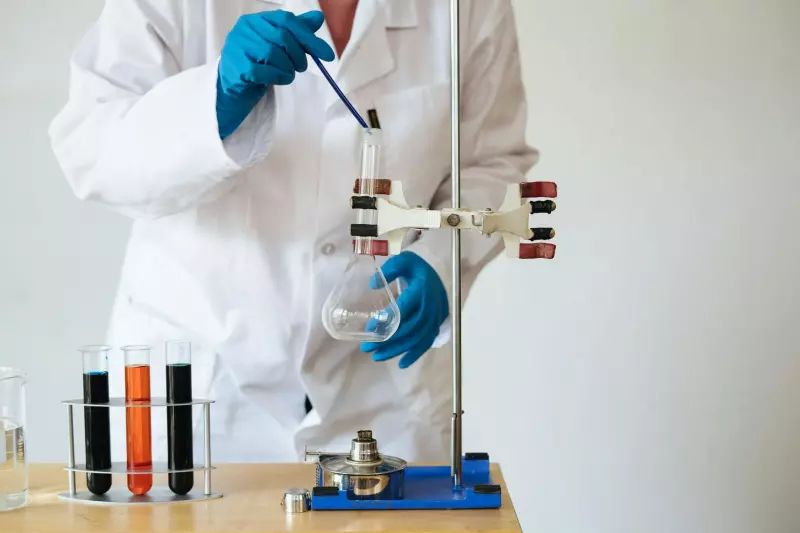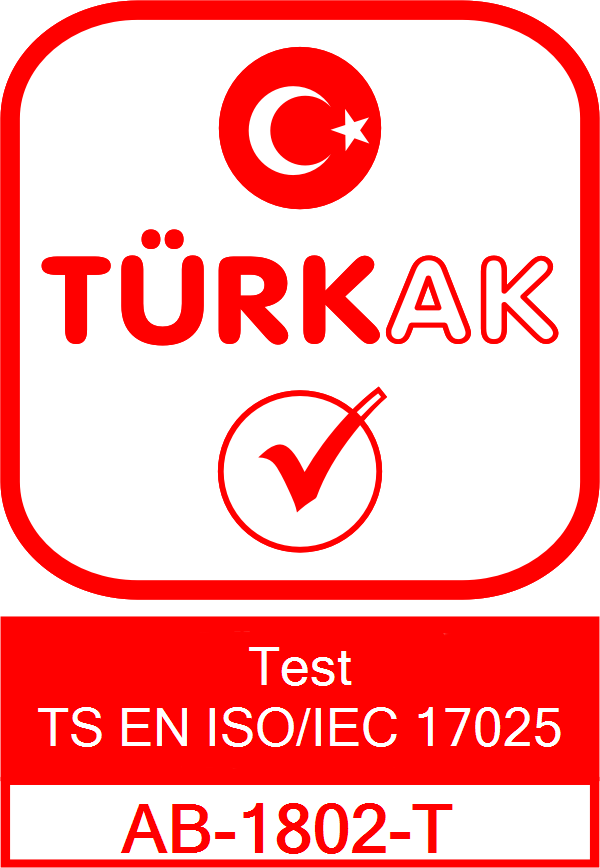
Shelf Life Testing for Pharmaceuticals and Dietary Supplements
Shelf Life Testing for Pharmaceuticals and Dietary Supplements
Contents
The first step to delivering reliable products in the healthcare industry is conducting accurate analytical processes. Especially for pharmaceuticals and dietary supplements, shelf life testing is one of the key indicators of product quality and safety. But how are these tests performed, and why are they so important? This article explores all the critical details.
Why Are Pharmaceutical Analyses Important?
Pharmaceutical analysis consists of scientific tests that evaluate a product's efficacy, safety, and quality. These tests are conducted at every production stage:
- Raw material control
- Formulation validation
- Stability and shelf life testing
- Packaging compatibility
All these tests are performed in a certified pharmaceutical analysis laboratory using internationally standardized equipment and expert staff.
What Is Shelf Life Testing?
Shelf life testing monitors how a product's chemical, microbiological, and physical properties change over time. It simulates specific temperature and humidity conditions to determine the product’s expiration date.
Key Testing Stages
| Stage | Description |
|---|---|
| 1. Initial Testing | All product parameters are recorded at the time of manufacture. |
| 2. Accelerated Stability | The product is tested under high temperature and humidity. |
| 3. Real-Time Stability | The product is monitored at room temperature over extended periods. |
| 4. Final Evaluation | Shelf life is determined based on quality criteria. |
The Importance of Shelf Life in Dietary Supplements
Although dietary supplements are rich in nutrients, they are vulnerable to external factors. Shelf life tests reveal whether the content degrades over time. This ensures trust for manufacturers and safety for consumers.
Benefits of Collaborating with a Food Analysis Laboratory
Working with a food analysis laboratory ensures regulatory compliance and enhances commercial success. For exporters in particular, valid and reliable test reports are essential for market acceptance.
Conclusion: Scientific Assurance for Health
Shelf life testing is a critical component for the safe consumption of pharmaceuticals and supplements. Conducted by expert institutions like TTS Laboratuvar, these tests add immense value to the healthcare ecosystem.
Frequently Asked Questions
How long does a shelf life test take?
Depending on the product, accelerated tests take a few weeks while real-time testing may take several months.
Is shelf life testing mandatory for all drugs?
Yes. Completing shelf life tests is essential for obtaining marketing authorization.
How is shelf life tested in supplements?
Similar to pharmaceuticals, supplements undergo stability and microbiological testing. Label information is based on these results.
Which standards are followed?
Standards such as ICH Q1A(R2), WHO, and EMA guidelines are applied during testing.
Are the test results legally valid?
Yes, reports from accredited laboratories like TTS Laboratuvar are legally recognized and suitable for audits.

